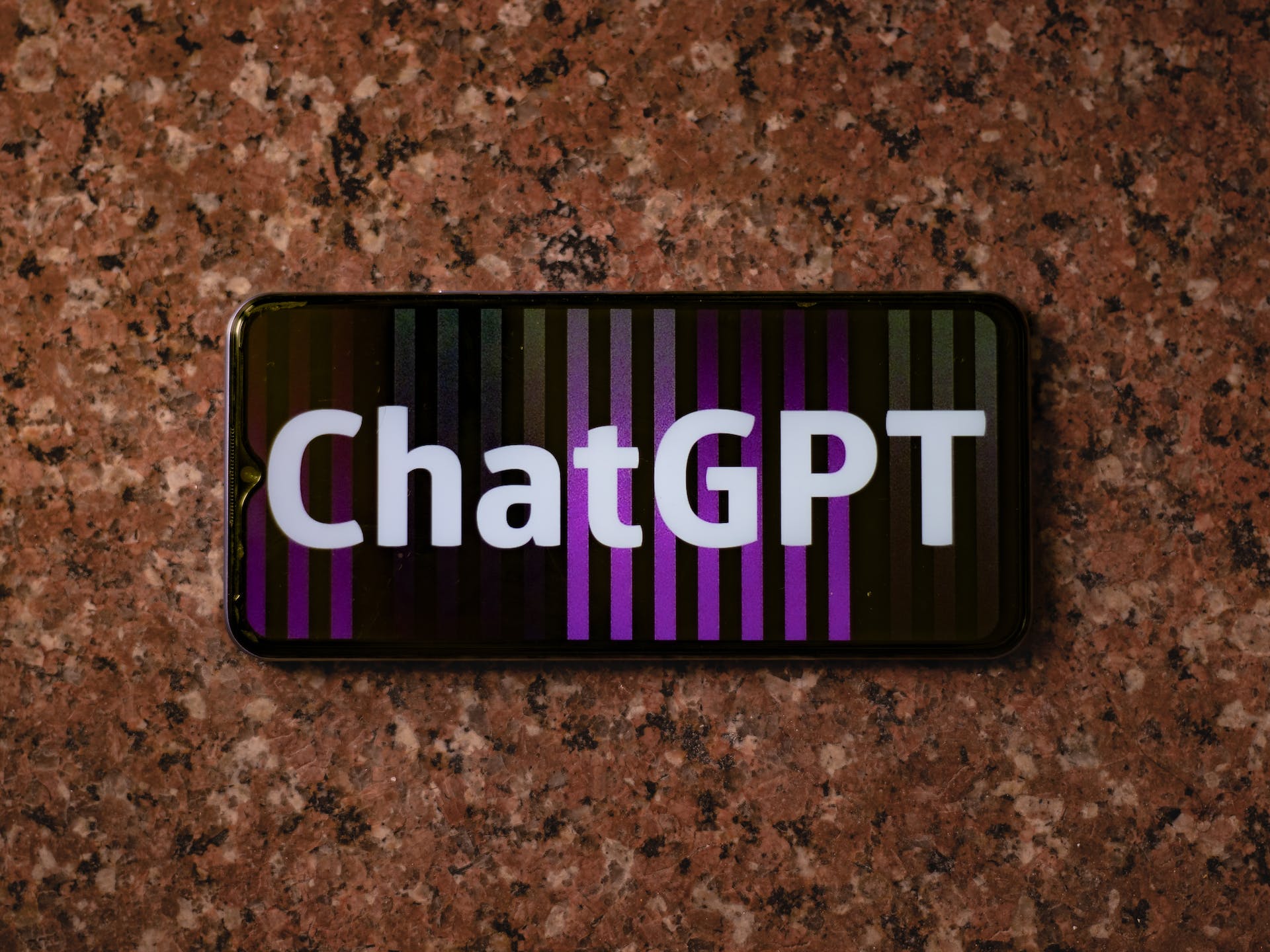Artificial intelligence model ChatGPT has implemented significant changes to its operational guidelines, now officially banning the provision of specific legal, medical, and financial advice. This shift took effect on October 29, 2023, as reported by NEXTA, marking a pivotal transition from what some users viewed as a comprehensive consulting tool to an educational resource.
According to the announcement, the updated rules stem from mounting liability concerns that have prompted tech companies to re-evaluate the extent of the guidance their AI systems can provide. The shift reflects a broader industry trend where companies are adopting stricter measures to mitigate potential legal risks associated with the misuse of AI-generated information. As NEXTA indicates, “Big Tech doesn’t want lawsuits on its plate.”
Under the new guidelines, ChatGPT will no longer offer direct recommendations on matters such as treatment options for medical conditions, legal issues, or financial planning. Instead, it will limit its role to explaining general principles and mechanisms, advising users to consult qualified professionals for detailed advice. This change aims to address the substantial risks involved in AI providing specific guidance, especially in high-stakes scenarios.
Understanding the Implications of the New Rules
The restrictions are particularly notable in areas where misinformation can have serious consequences. For instance, users may input health-related queries, such as “I have a lump on my chest,” and receive alarming responses that might suggest serious conditions without any clinical assessment. This could lead individuals to jump to conclusions based on inaccurate information. The limitations underscore the fact that AI lacks the capability to perform physical examinations, diagnose conditions, or provide malpractice insurance.
In addition to health concerns, the new rules extend to financial and legal advice. While ChatGPT can elucidate concepts like exchange-traded funds (ETFs), it cannot assess individual financial situations or provide personalized investment strategies. Users face considerable risks when depending on AI for critical financial decisions, particularly given the potential for sensitive data exposure. Any information shared with ChatGPT could be included in its training data, raising privacy concerns.
Moreover, the changes reflect a growing awareness of the ethical dilemmas surrounding AI applications. For example, using ChatGPT to assist with academic work raises questions about integrity and the authenticity of student learning. As academic detection tools become increasingly sophisticated, reliance on AI-generated content could lead to serious repercussions for students.
Limitations and Risks of AI Assistance
Despite its advanced capabilities, ChatGPT exhibits fundamental flaws that render it unsuitable as a primary source of guidance in critical situations. Users should be wary of treating AI as a replacement for human expertise, particularly in emergencies. For example, in scenarios involving potential hazards, such as a malfunctioning carbon monoxide detector, immediate action is paramount. Relying on AI to assess real-time danger could have dire consequences.
While the introduction of ChatGPT Search in late 2024 allows for access to current information, it still lacks the ability to provide continuous updates or real-time monitoring. Users must input new prompts to receive fresh data, which limits its effectiveness in rapidly evolving situations.
The recent updates to ChatGPT’s operational rules illustrate an important recalibration of the AI’s role in society. This transition from a potential consultant to a strictly educational tool is a response to legal and regulatory pressures aimed at reducing the risks associated with AI-generated misinformation.
Ultimately, while ChatGPT can serve as a valuable assistant for learning and exploration, it should not be relied upon for critical guidance. The key takeaway is clear: users must engage with AI tools responsibly, recognizing their limitations and ensuring they seek professional expertise when necessary.







